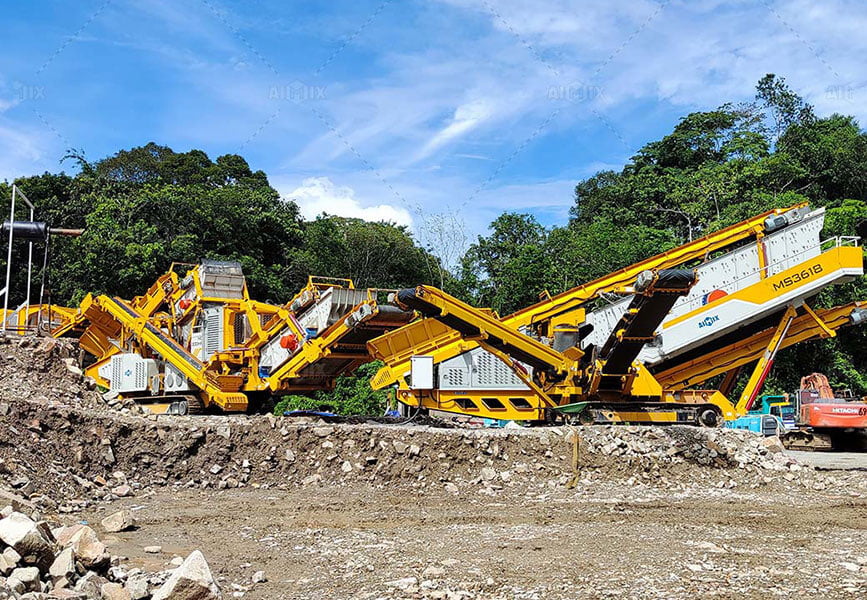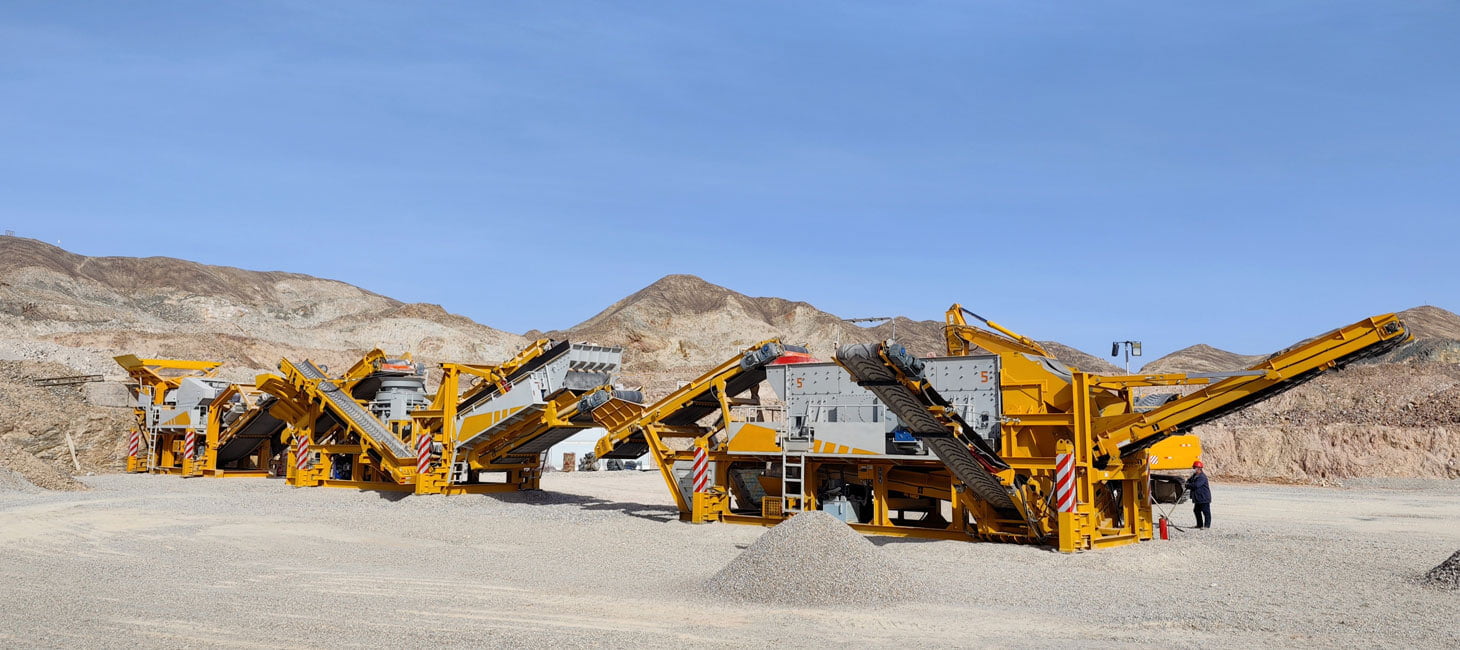The rock crushing industry plays a pivotal role in various sectors, including construction, mining, and recycling. As demand for aggregate materials surges, understanding the factors influencing rock crusher machine prices becomes essential for stakeholders. These machines, ranging from small portable devices to large stationary units, exhibit a complex pricing structure influenced by numerous market dynamics. This article delves into the multifaceted elements that dictate the costs associated with rock crusher machine, providing a comprehensive overview for potential buyers and industry professionals alike.

1. Material Composition and Technology
The foundation of any rock crusher machine lies in its material composition and the technology employed in its design. Different materials deliver varying degrees of durability, performance, and efficiency. For instance, machines constructed from high-grade steel and advanced alloys generally command higher prices due to their enhanced resilience and longevity.
1.1. Types of Materials Used
Manufacturers often utilize a range of materials, including cast iron, high-carbon steel, and specialized composites. Each material's cost varies significantly, impacting the overall price of the machine. High-carbon steel, for instance, offers superior hardness and wear resistance, thereby increasing the machine's lifespan and justifying the premium cost. Conversely, machines made from lower-grade materials may present an initial cost advantage but often result in higher long-term expenses due to frequent repairs and replacements.
1.2. Technological Advancements
Technological innovation is another critical factor influencing prices. The integration of advanced features such as automation, remote monitoring, and energy-efficient designs significantly elevates manufacturing costs. Consumers, however, are often willing to pay a premium for these enhancements, recognizing the potential for increased productivity and reduced operational costs. Machines equipped with cutting-edge technology can offer better throughput and lower energy consumption, ultimately leading to a favorable return on investment.

2. Market Demand and Supply Dynamics
The interplay between demand and supply is fundamental to understanding rock crusher machine pricing. Fluctuations in demand, driven by construction booms or mining expansions, can lead to price surges. Conversely, an oversupply of machines in the market may result in price reductions as manufacturers seek to attract buyers.
2.1. Economic Indicators
Global economic conditions play a vital role in shaping demand for rock crushers. During periods of economic growth, infrastructure projects proliferate, necessitating an increased supply of aggregate materials, and subsequently, stone crushers. Conversely, during recessions, demand can plummet, leading to a decline in machine prices as manufacturers attempt to maintain sales volumes.
2.2. Regional Variations
Geographical location also affects pricing. Regions with extensive mining operations or significant construction activity may experience higher demand for rock crushers, thereby inflating prices. In contrast, areas with less activity may see lower prices due to diminished demand. Furthermore, local regulations and transportation costs can further complicate pricing structures, as these factors influence overall accessibility and availability.
3. Brand Reputation and After-Sales Support
The reputation of the manufacturer significantly impacts the pricing of rock crusher machines. Established brands with a history of reliability and performance typically command higher prices than lesser-known manufacturers. This price differential is often justified by the quality assurance and customer support associated with reputable brands.
3.1. Quality Assurance
Brands that invest in rigorous quality assurance processes can deliver machines that outperform competitors. This commitment to quality often translates into higher prices, as buyers are inclined to pay more for machines that promise longevity and minimal downtime. Investing in a reputable brand can lead to substantial savings over time, as the likelihood of repairs and maintenance diminishes.
3.2. After-Sales Services
After-sales support, including warranties and service agreements, is crucial in the purchasing decision. Manufacturers that provide comprehensive support can justify higher prices due to the added value of peace of mind for buyers. This support can include maintenance training, parts availability, and technical assistance, factors that enhance the overall ownership experience. In conclusion, the pricing of rock crusher machines is influenced by a multitude of factors, including material composition, technological advancements, market dynamics, and brand reputation. Understanding these elements is essential for making informed purchasing decisions in a competitive marketplace.

